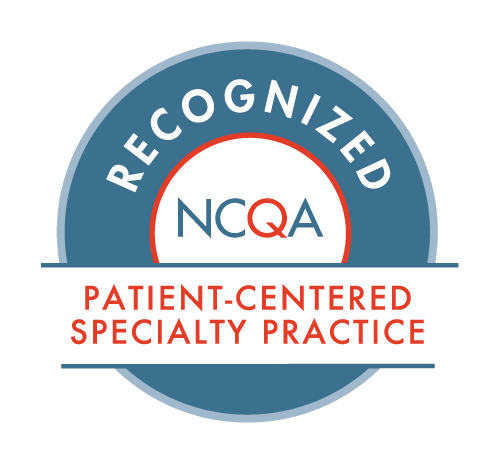Congestive Heart Failure
- Posted on: Apr 15 2019
 When a person first hears that someone they know has congestive heart failure, they often assume the worst, as in a trip to the hospital or worse. But the word “failure” is a bit of a misnomer, as the heart doesn’t fully fail. It simple isn’t pumping as strongly as is necessary to deliver blood to the body as needed.
When a person first hears that someone they know has congestive heart failure, they often assume the worst, as in a trip to the hospital or worse. But the word “failure” is a bit of a misnomer, as the heart doesn’t fully fail. It simple isn’t pumping as strongly as is necessary to deliver blood to the body as needed.
At Hunterdon Cardiovascular Associates, we help patients manage their congestive heart failure to enhance their quality of life and improve their access to care.
What is congestive heart failure?
Congestive heart failure occurs when your heart muscle doesn’t pump blood as effectively as it normally does. This can be an ongoing/chronic condition or it can occur suddenly. Left untreated, conditions such as narrowed arteries in your heart (coronary artery disease) or high blood pressure gradually weaken your heart to the degree it can’t fill and pump the blood out efficiently.
Congestive heart failure is the leading cause of hospitalization in people older than 65. Roughly 670,000 people are diagnosed with heart failure every year, with the condition affecting nearly 6 million Americans.
What causes congestive heart failure?
Conditions that damage the heart muscle lead to failure. These include:
- Coronary artery disease— As the arteries fill with plaque they become narrower, decreasing blood flow to the heart muscle. If they become blocked or severely narrowed, the heart becomes starved for oxygen and nutrients.
- Heart attack— A heart attack occurs when a coronary artery becomes blocked. The blood flow to the heart muscle is stopped and damage ensues. This creates scar tissue on the heart that impairs its function.
- Cardiomyopathy— This is damage to the heart muscle that is due to causes not related to blood flow. This damage can result from infection, or drug or alcohol abuse.
- Overwork— Certain health conditions cause the heart to work too hard, damaging the muscle. When the heart has to work too hard to circulate your blood, this extra exertion makes the heart muscle more and more stiff over time, which weakens it ability to pump blood. These health conditions include high blood pressure, kidney disease, thyroid disease, diabetes, valve disease, and congenital heart defects.
- Arrhythmias— Abnormal heart rhythms, due to malfunctioning electrical signals across the heart, can cause the heart to beat too fast, creating extra work. An overly slow heartbeat can also lead to heart failure.
A valuable resource for patients with congestive heart failure is our Hunterdon Heart Care Program. If you have symptoms, such as swelling/bloating, chronic fatigue, or shortness of breath, please call us at (908) 788-1710 and let’s get you into the program.
Posted in: Cardiovascular Diseases



